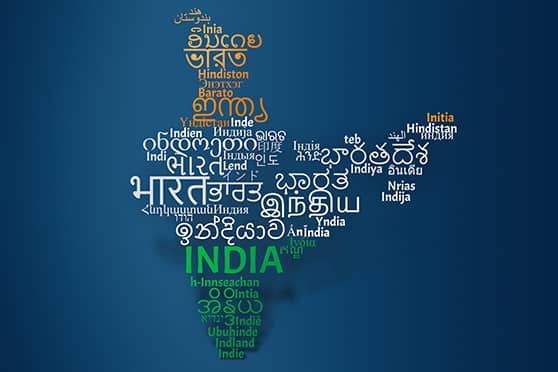The Significance of Learning Mother Tongue for Children
Explore the significance of learning the mother tongue for children's cultural identity, cognitive development, family bonds, and academic success.
Team Karmanya Gurutvam
2/12/20242 min read


The Significance of Learning Mother Tongue for Children
In a rapidly globalizing world where English dominates as the lingua franca and multiculturalism is celebrated, the importance of preserving one's mother tongue often gets overshadowed. However, the significance of learning and embracing the language spoken at home cannot be overstated, especially for children. Beyond mere communication, the mother tongue plays a vital role in shaping a child's cultural identity, cognitive development, and emotional well-being.
Cultural Identity and Heritage
The mother tongue serves as a bridge that connects children to their cultural roots and familial heritage. It encapsulates the essence of a community's traditions, values, and collective memory. When children learn their mother tongue, they gain access to a treasure trove of cultural knowledge passed down through generations. They develop a profound sense of belonging and pride in their cultural identity, fostering a stronger connection to their family, community, and ancestry.
Communication Skills and Cognitive Development
Learning the mother tongue lays the groundwork for language acquisition and development. Children who are proficient in their mother tongue demonstrate better communication skills, including listening, speaking, reading, and writing. This proficiency extends beyond the mother tongue itself, facilitating the acquisition of additional languages. Research suggests that bilingual or multilingual children often exhibit enhanced cognitive abilities, such as problem-solving, creativity, and mental flexibility. By nurturing linguistic diversity, we stimulate cognitive development and equip children with valuable skills for navigating an increasingly complex world.
Family Bonds and Emotional Well-being
The mother tongue is often the language of love and intimacy within the family unit. When children communicate with their parents, siblings, and grandparents in their mother tongue, they strengthen familial bonds and cultivate a deeper understanding of each other. The ability to express emotions, thoughts, and feelings fluently in the mother tongue fosters emotional well-being and self-confidence. It provides children with a safe and nurturing environment where they can explore their identity, share their experiences, and seek support during challenging times.
Academic Achievement and Future Success
A strong foundation in the mother tongue is closely linked to academic success and future opportunities. Research indicates that children who are proficient in their mother tongue perform better academically across various subjects, including literacy, mathematics, and science. Additionally, bilingual or multilingual individuals are highly sought after in today's global workforce, as they bring unique perspectives and language skills to the table. By investing in the preservation and promotion of the mother tongue, we empower children to excel academically and thrive in a multicultural society.
Preserving Cultural Diversity and Heritage
Language is a fundamental aspect of cultural diversity and heritage. Each language represents a unique way of understanding the world, embodying centuries of history, wisdom, and cultural expression. By learning and preserving the mother tongue, we contribute to the rich tapestry of human civilization and ensure the survival of linguistic diversity for future generations. In doing so, we celebrate the beauty of cultural pluralism and affirm the intrinsic value of every language and culture.
Learning the mother tongue is not just about language proficiency; it is about embracing one's cultural identity, nurturing cognitive development, strengthening family bonds, and preserving cultural heritage. As parents, educators, and members of diverse communities, we have a responsibility to instill in children a deep appreciation for their mother tongue and the rich tapestry of languages that enrich our world. By fostering linguistic diversity and cultural pride, we create a more inclusive and interconnected society where every voice is heard and valued.
Empowering Education, Transforming Lives
info@karmanyagurutvam.com